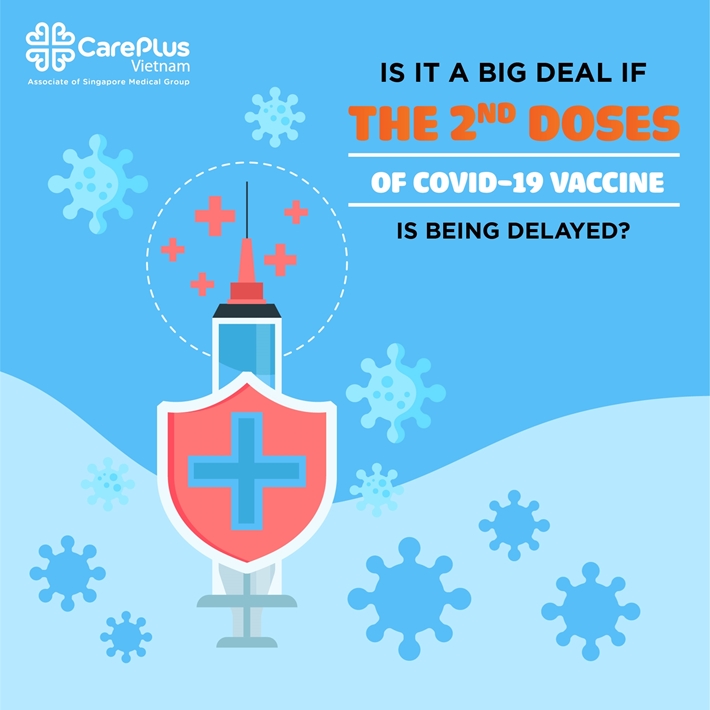Is it a big deal if I delay 2nd dose of COVID-19 vaccine?
Many people wonder if the second dose of the COVID-19 vaccine, given later than the recommended time, affects the vaccine's protection, or does it have to be re-injected?

8/31/2021 8:47:13 AM
In Vietnam, there are currently 5 COVID-19 vaccines being injected for the frontline forces against the epidemic and the people according to priority subjects, including AstraZeneca, Sputnik V, Pfizer, Moderna, and Sinopharm. Manufacturers of these vaccines all recommend that you need to get 2 shots. The interval between the 2 shots of the vaccines is different. Specifically: Vaccine AstraZeneca: from 8 to 12 weeks; Sputnik V vaccine: 3 weeks; Pfizer vaccine: 3 weeks; Sinopharm's vaccine: 3-4 weeks and Moderna's vaccine is 28 days.
However, the manufacturer's recommendations on the interval between two injections given by the manufacturer are the most ideal in the context of abundant and readily available vaccines. In the current shortage of vaccines in Vietnam, the second injection is slower than recommended, does not affect the vaccine's effectiveness, and does not have to be re-injected. To date, there is no official recommendation as to the maximum duration of delay in the second injection.
In the context that the supply of COVID-19 vaccine is not abundant, people who have received the 1st injection need to be patient, waiting for their turn to receive the 2nd dose. When you receive the 1st dose, you are protected to a certain degree of safety. The risk of severe illness or hospitalization (if infected) is greatly reduced.
Most importantly, after receiving the Covid-19 vaccine, you still need to continue to do 5K because the ability to spread the disease to others after vaccination still exists.
Reference source: Ministry of Health